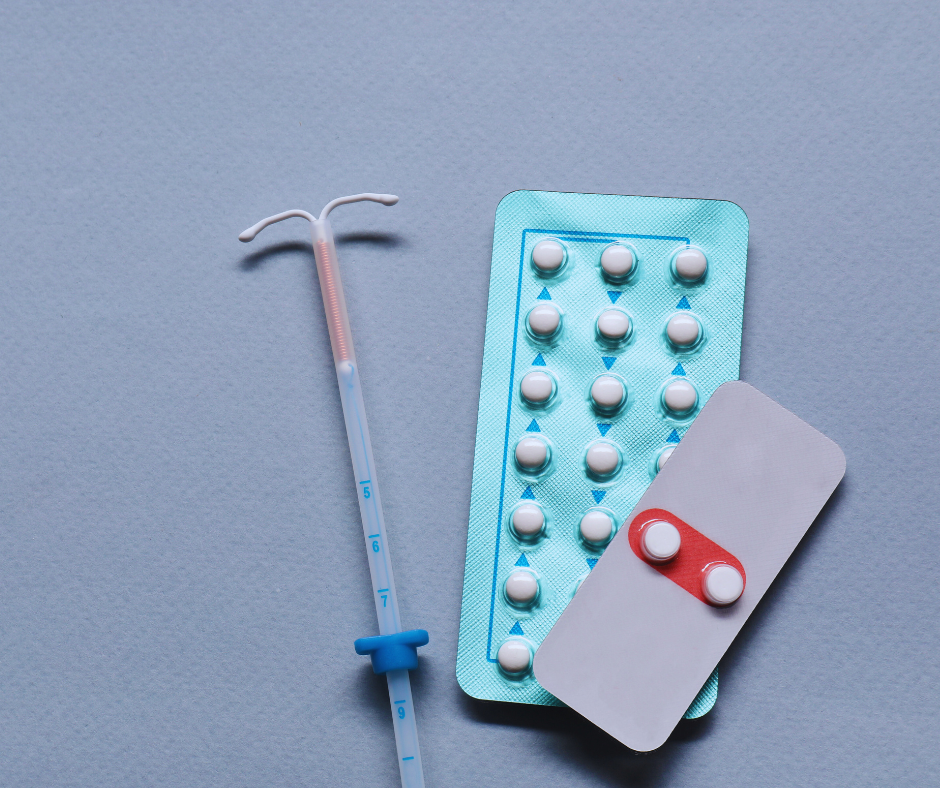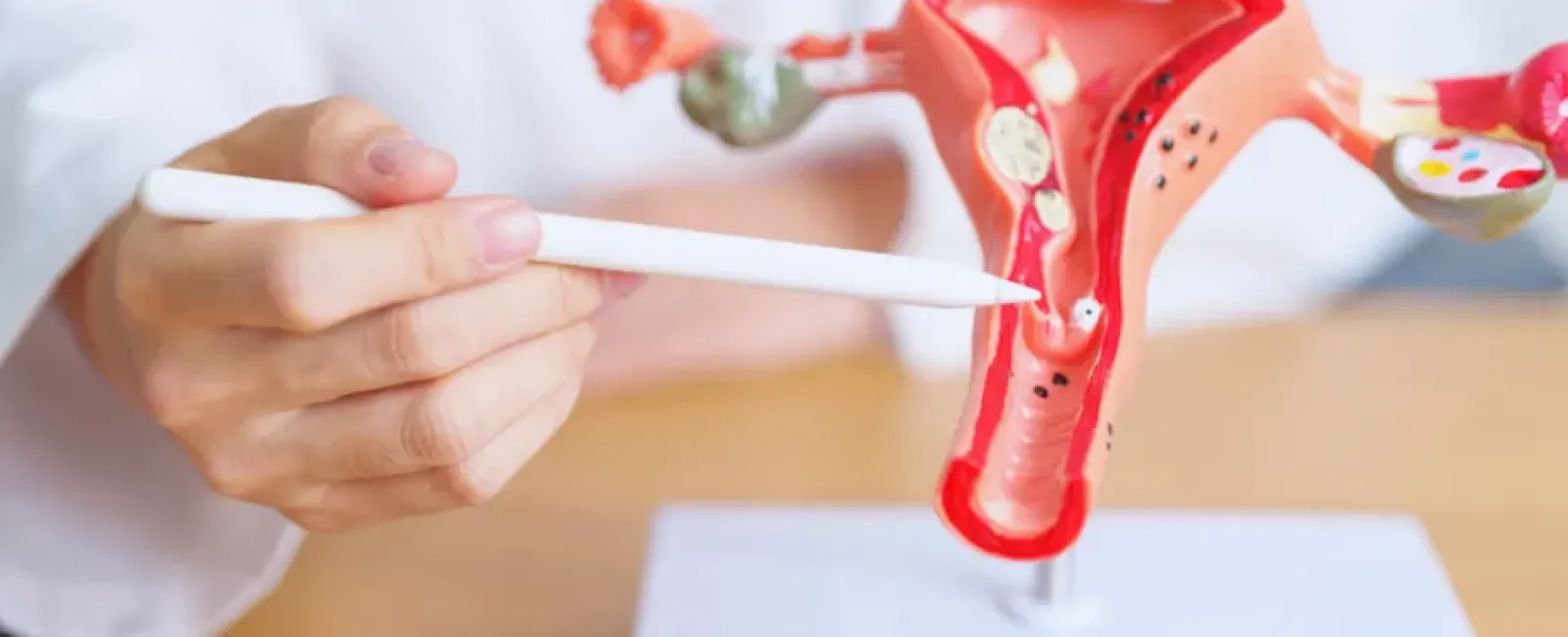If you are experiencing a particularly heavy period this month, one heavy cycle does not automatically mean something is wrong. Menstrual flow can naturally fluctuate. Still, a sudden or noticeably heavy period can be unsettling, and it's worth understanding what might be going on.
What Counts as a Heavy Period?
Before we talk about causes, it helps to understand what doctors consider "heavy menstrual bleeding." You may be experiencing heavy bleeding if:
- You are soaking through a pad or tampon every one to two hours
- You notice extremely heavy period days with large clots
- Your period lasts longer than seven days
- You feel unusually tired, light-headed, or short of breath
- You need to double up on menstrual products
A single cycle like this may not indicate a problem, but persistent heavy bleeding is worth having checked.
Common Reasons Your Period Might Be Heavier This Month
There are many explanations that do not indicate a dangerous condition. In fact, some of the most common reasons are temporary and harmless.
Hormonal Shifts
Your hormones control how thick the uterine lining grows. If you had an irregular ovulation month or if your estrogen was higher than usual, your uterus may simply have built a thicker lining. That thicker lining sheds as a heavier flow.
Stress
Stress can disrupt your cycle at many levels. Most commonly, stress makes a period late, but for some women it can lead to heavier bleeding.
Changes in Medications or Birth Control
Stopping or starting hormonal birth control can temporarily increase menstrual flow. If you recently removed an IUD or changed pills, your body may still be adjusting.

Recent Illness or Lifestyle Changes
A significant weight shift, changes in exercise patterns, or recovering from an illness can alter hormone balance.
Perimenopause
If you're in your late 30s or 40s, your body may be transitioning into perimenopause. During this time, periods often swing between light and unexpectedly heavy.
Underlying Gynecologic Conditions
Less commonly, heavy bleeding is linked to conditions like thyroid disorders, bleeding disorders, polyps, endometriosis, infections, or uterine fibroids.
None of these conditions mean anything is automatically "wrong" with you; they are simply patterns we evaluate to understand your symptoms.
How Uterine Fibroids Can Cause a Heavy Period
Uterine fibroids are non-cancerous growths of muscle within the uterus. They are extremely common, especially in women in their 30s to 50s, and they often cause no symptoms at all.
Fibroids can contribute to heavy menstrual bleeding if they:
- Increase the surface area of the uterine lining
- Distort the shape of the uterine cavity
- Interfere with normal uterine muscle contractions
- Create more fragile blood vessels that bleed more easily
This is why some women with fibroids experience heavy periods, longer cycles, pelvic pressure, or clotting.
But here's the key point: A heavy period does not automatically mean you have fibroids. It is simply one possible explanation among many.
When Should You See a Doctor?
Seek medical attention if:
- You consistently soak through pads or tampons every hour
- You pass large clots or feel faint
- Your heavy periods last more than two consecutive cycles
- You have bleeding between periods
- You are fatigued or suspect anemia
At Advanced Vascular & Vein in Atlanta, we commonly evaluate heavy menstrual bleeding to determine whether fibroids may be involved.
What Is Uterine Fibroid Embolization?
UFE is a highly effective, non-surgical treatment for fibroids. It works by blocking the blood supply to fibroids so they shrink over time. Here's what to expect:
- A tiny catheter is inserted through a small puncture in the wrist or groin
- We guide the catheter into the arteries supplying the fibroids
- Tiny particles are released to restrict blood flow to the fibroids
- The healthy uterus remains fully supplied with blood
Most women experience lighter periods, reduced pelvic pressure, and improved energy once the fibroids shrink.
UFE allows you to keep your uterus and avoid the long recovery of major surgery. It is not right for everyone, but it is an excellent option for many women with uterine fibroids.
Final Thoughts
A heavy period this month does not mean something is seriously wrong. But your body is giving you information, and it's always worth listening to. Heavy menstrual bleeding can stem from hormonal changes, stress, life transitions, or benign conditions like fibroids.
If your heavy periods are recurring or affecting your daily life, our team at Advanced Vascular & Vein is here to help you understand why and explore treatment options that match your needs.


